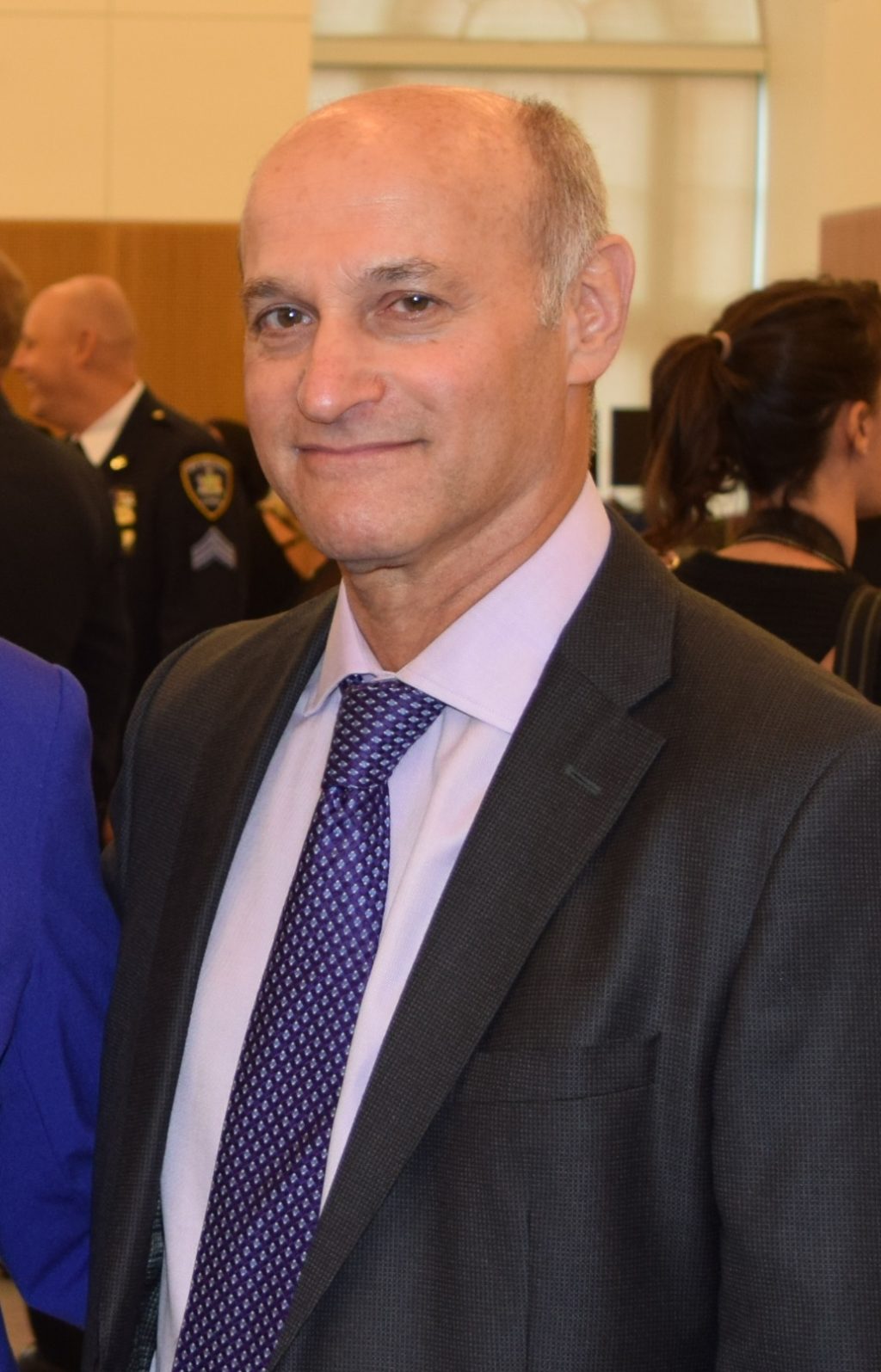Court system expands virtual operations and opens up problem-solving courts

The New York State court system has conducted conferences or court proceedings in more than 25,000 cases through virtual and teleconference hearings over the last two months, and on Monday it took another big step toward returning to normalcy as it opened up even more virtual court proceedings.
It’s the first big expansion of court services since April 13, when, for the first time since the court closure in March, it began hearing non-essential matters.
Chief Administrative Judge Lawrence Marks said that the court system has rolled out virtual operations in a “deliberate and methodical fashion” in order to ensure cases are being handled properly and fairly so that judges, lawyers and litigants understand the new normal and have access to justice.

Brooklyn Boro
View MoreNew York City’s most populous borough, Brooklyn, is home to nearly 2.6 million residents. If Brooklyn were an independent city it would be the fourth largest city in the United States. While Brooklyn has become the epitome of ‘cool and hip’ in recent years, for those that were born here, raised families here and improved communities over the years, Brooklyn has never been ‘uncool’.